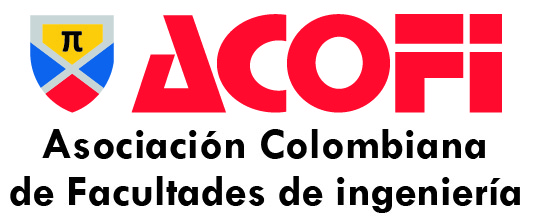Programación + Física: estrategia motivadora de aprendizaje en ingeniería de sistemas
DOI:
https://doi.org/10.26507/rei.v17n33.1198Keywords:
Aprendizaje, Física, Ingeniería, Programación de computadores, Siglo XXIAbstract
Abstract-- One of the challenges for basic science teachers is to give meaning to the knowledge they share with engineering students. For their part, teaching engineers also have a challenge when it comes to teaching programming, as well as the benefits that this area brings from the perspective of the appropriation of computational thinking. This article presents the results of an investigation carried out with two courses in parallel, one of them with a traditional treatment where basic science subjects and programming subjects each go their own path of knowledge and another with which they have sought the meaning of basic science in programming and vice versa. The results have been surprising for both areas and have allowed us to notice that if the teachers of both areas are properly trained, the great beneficiary will be the student who, in addition to achieving the individual objectives of each area, will be able to appropriate the meaning and significance they have in their process training as engineers. The study concludes that it is necessary for basic science teachers and programming teaching engineers to mutually articulate so that their subjects are complementary, melding them thematically and making available to students a fusion that is superior to its parts.
Downloads
References
[2] J. Ben Haim, «Why the best engineers should study Humanities,» The international journal of mechanical engineering education, vol. 28, pp. 195 - 200, 2000.
[3] R. Serway y J. Jewett, Física para ciencias e ingeniería, México DF: Cengage Learning Editor, 2008.
[4] M. Baunmann, C. Gordalla y T. Schmitz , «How problem based learning can facillitate training on hard and soft skills,» Biomedical engineering, vol. 58, nº 1, p. N.D., 2013.
[5] Y. Harari, 21 Lecciones para el Siglo XXI, Madrid: Debate, 2018.
[6] J. Rey Babini y J. Pastor, Historia de la Matemática Vol. II, Buenos Aires: Gedisa, 2013.
[7] K. Schwab y T. Malleret, Covid-19: the great reset, Zurich (Suiza): Agentur Schweiz, 2020.
[8] A. Sepúlveda, Histoira de la Física, Medellín: Fondo Editorial Cooperativo, 1995.
[9] C. Rovelli, Siete breves lecciones de Física, Roma: Anagrama, 2014.
[10] M. Havenge, B. Breed y Et al., «Metacognitive and problem solving skills to promote self directed learning in computer programming,» SA-eDUC Journal, vol. 10, nº 2, pp. 11-25, Octubre 2013.
[11] J. Alves, N. Lima y G. Alves, «Adjusting higher education competences to companies professional needs,» International Journal of human capital and information technology professionals, vol. 8, nº 1, pp. 66-77, 2017.
[12] R. Feynman, Lectures on Physics, N.Y.: New Millenium Editions, 2011.
[13] J. L. Maturana Andrade , Situaciones didácticas y resolución de problemas cotidianos, Cali: Universidad ICESI - Escuela de Ciencias de la Educación - Maestría en Educación, 2017, p. 109p..
[14] J. Acosta Flores, Ingeniería de Sistemas, un enfoque interdisciplinario, México: AlfaOmega Grupo Editorial, 2003.
[15] U. d. C. y. Evaluación, Evaluación para el Aprendizaje, Santiago de Chile: Ministerio de Educación, 2006, p. 291p..
[16] P. Denning y M. Tedré, Computational Thinking, Massachussets: The MIT Press, 2019.
[17] J. Wing, «Computational Thinking,» Communications on the ACM, vol. 49, nº 3, pp. 33-35, Marzo 2006.
[18] O. I. Trejos Buriticá, Significado y Competencias, Pereira (Risaralda) - Colombia: Editorial Papiro, 2012, p. 127.
[19] D. Johnson y J. Wetmore, Technology and Society: building our sociotechnological future, Boston: The MIT Press, 2008.
Downloads
Published
How to Cite
Issue
Section
License
Total or partial reproduction of the documents published in the journal is authorized only when the source and author are cited.
| Article metrics | |
|---|---|
| Abstract views | |
| Galley vies | |
| PDF Views | |
| HTML views | |
| Other views | |









